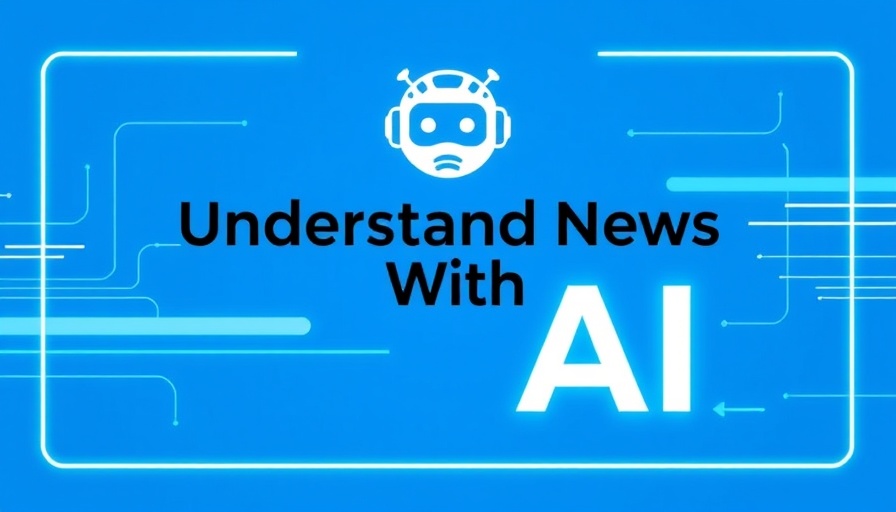
From Prosperity to Perseverance: The Job Market's Not-So-Hidden Stress
The narrative surrounding Silicon Valley is shifting—once filled with optimism, it has given way to uncertainty and anxiety. The ongoing job hunt for many tech workers has become a grueling ordeal, emphasizing the sharp contrast to previous years where job opportunities seemed boundless. Zach Pretzell, a software engineer, exemplifies this struggle; after facing a layoff, he found himself in a daunting eight-month-long search with no job offers to show for it.
Understanding the Culture of Silicon Valley: Why It's More Than Just Jobs
The fall from grace can be attributed to a mix of economic changes and technological advancements. The previous post-pandemic tech boom drove demand, but as venture capital funding dried up and interest rates climbed, countless startups faced drastic cuts. Workers like Pretzell, who once thrived in this environment, now find themselves in job-search limbo, grappling with a job market that absorbs AI’s impact more deeply every day.
The AI Effect: Shaping Job Security in Unexpected Ways
The impact of artificial intelligence (AI) on the job market presents a paradox; while it automates certain tasks, it simultaneously stresses the employment landscape. According to leaders like Marc Benioff of Salesforce and Mark Zuckerberg of Meta, AI is already reshaping workforce needs by reducing the number of engineering roles. These sentiments are echoed in the declining job satisfaction among employees, where Glassdoor reports less than 50% confidence in the long-term prospects of middle to entry-level positions.
Resistance to Change: The Emotional Toll on Tech Workers
The emotional toll of layoffs and job security worries extends beyond financial implications. Over one in five workers interviewed mention that their pay has dropped over the past year, as positions are being consolidated or eliminated. For mid-level managers, nearly one-third are experiencing demotions to individual contributor roles, further underscoring the pervasive anxiety. The core of Silicon Valley’s culture was built on innovation and growth, but this shift shows a significant regression, leaving many feeling uncertain about their future.
Redefining Success: A New Look at Career Paths
Amidst the chaos of job loss and salary cuts, a pivotal question arises: how do professionals in the tech world redefine success? This situation provides workers an opportunity to explore diverse career paths outside of traditional tech roles. By adapting their skills to new industries, individuals may not only find refuge but also discover uncharted potentials that AI cannot touch. Enthusiasts from other fields are exploring unique opportunities in non-tech sectors, fostering resilience in a time of upheaval.
Calls for Community: Navigating Uncertainty Together
As Silicon Valley grapples with these changes, the importance of community isn’t lost. Local initiatives focused on professional development are gaining traction, helping workers build connections and discover alternative pathways. These grassroots organizations are vital in providing support, networking opportunities, and resources that empower individuals during these tumultuous times. Through shared experiences, tech professionals find solace in understanding they aren’t navigating this landscape alone.
In conclusion, the story of Silicon Valley today is not merely one of economic statistics or job cuts; it's a compelling narrative filled with human experiences and transformations. For every Zach Pretzell, there exists a community, filled with stories of resilience, hope, and newfound opportunities. As the landscape continues to evolve, embracing a forward-thinking mindset will be essential to thrive in a world increasingly shaped by AI.
 Add Row
Add Row  Add
Add 




Write A Comment